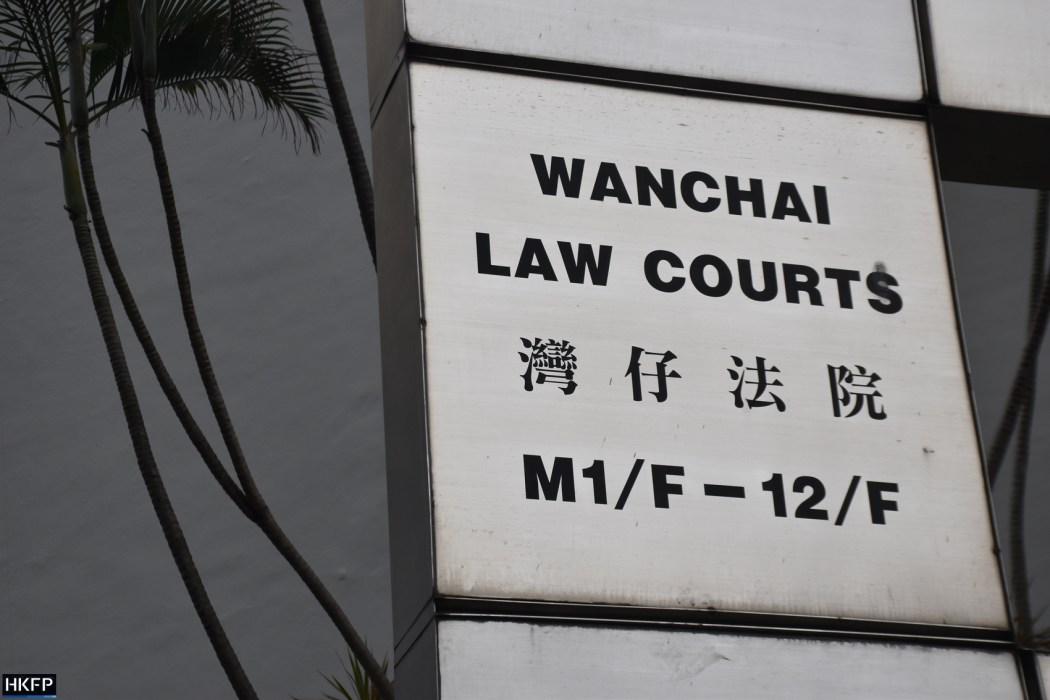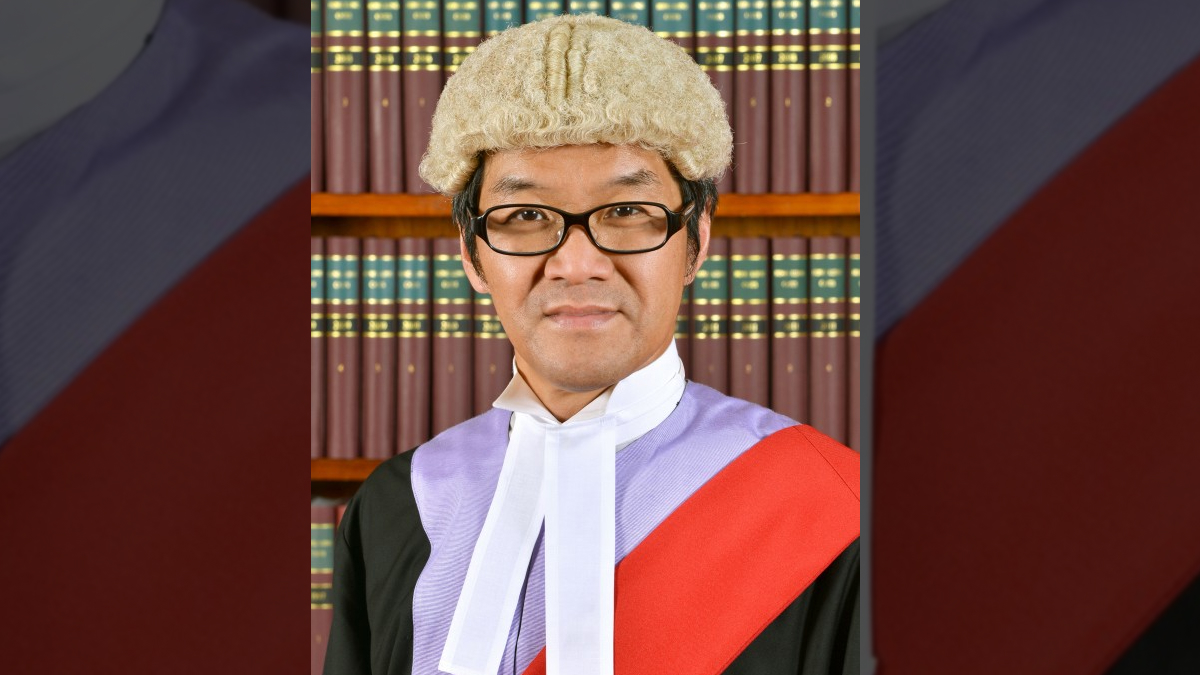The lawyer for a Hong Kong man accused of three counts of sedition is seeking a jury trial in the High Court, saying District Courts where a sole judge sits have no authority to hear such cases.
Defence counsel Steven Kwan also urged District Court Judge Kwok Wai-kin to obtain a medical record showing that his client, Chan Tai-sum, has autism before sentencing him on another charge unrelated to sedition to which Chan intends to plead guilty.

Chan Tai-sum faces one count of inciting others to take part in an illegal assembly, and three counts of actions with a seditious intention in breach of a colonial-era law.
Kwan told Judge Kwok on Thursday that he intended to argue that the District Court had no jurisdiction to handle charges under the sedition law. The court will hear his arguments on June 26. Chan, who was 22 when he was first prosecuted, did not apply for bail.
Chan is accused of publishing statements on LIHKG, an online forum, and a Telegram channel, “with the intention to bring into hatred or contempt or to excite disaffection against the Central Authorities and/or the SAR government, to incite persons to violence, and/or to counsel disobedience to law or to any lawful order.”
He is also accused of acting with the intention to excite people in Hong Kong to “procure the alteration, otherwise than by lawful means, of any other matter in Hong Kong as by law established,” and to raise discontent or disaffection amongst inhabitants of Hong Kong.
According to the Magistrates Ordinance, a magistrate must transfer cases involving indictable offences to the District Court if the prosecution asks for this.

But specific offences are exempted from the rule, including parts one and two of the Crimes Ordinance under which sedition falls.
InMedia reported on May 5 that when the sedition case came up in magistrates’ court Kwan objected to the prosecution’s application to transfer it to the District Court. He said it should be transferred to the High Court and tried with a jury.
But the magistrate rejected the argument and transferred all the charges to the District Court.
The sedition law, which falls under the Crimes Ordinance, is different from the Beijing-imposed national security law.
The legislation, last amended in the 1970s when Hong Kong was still under British colonial rule, criminalises incitement to violence, disaffection and other offences against the administration.
Support HKFP | Policies & Ethics | Error/typo? | Contact Us | Newsletter | Transparency & Annual Report | Apps
Help safeguard press freedom & keep HKFP free for all readers by supporting our team
























